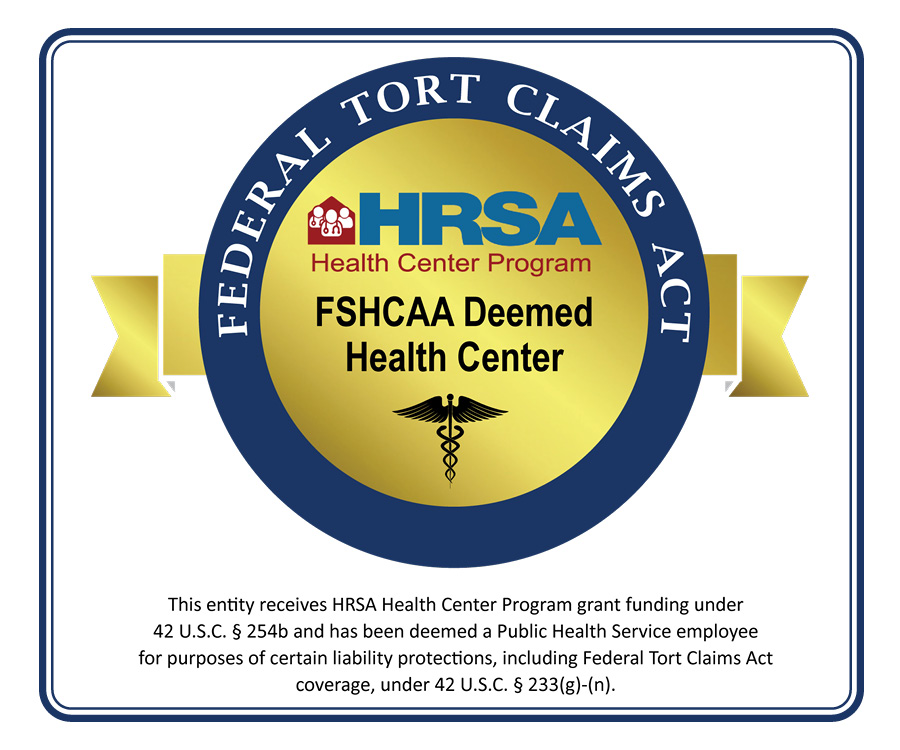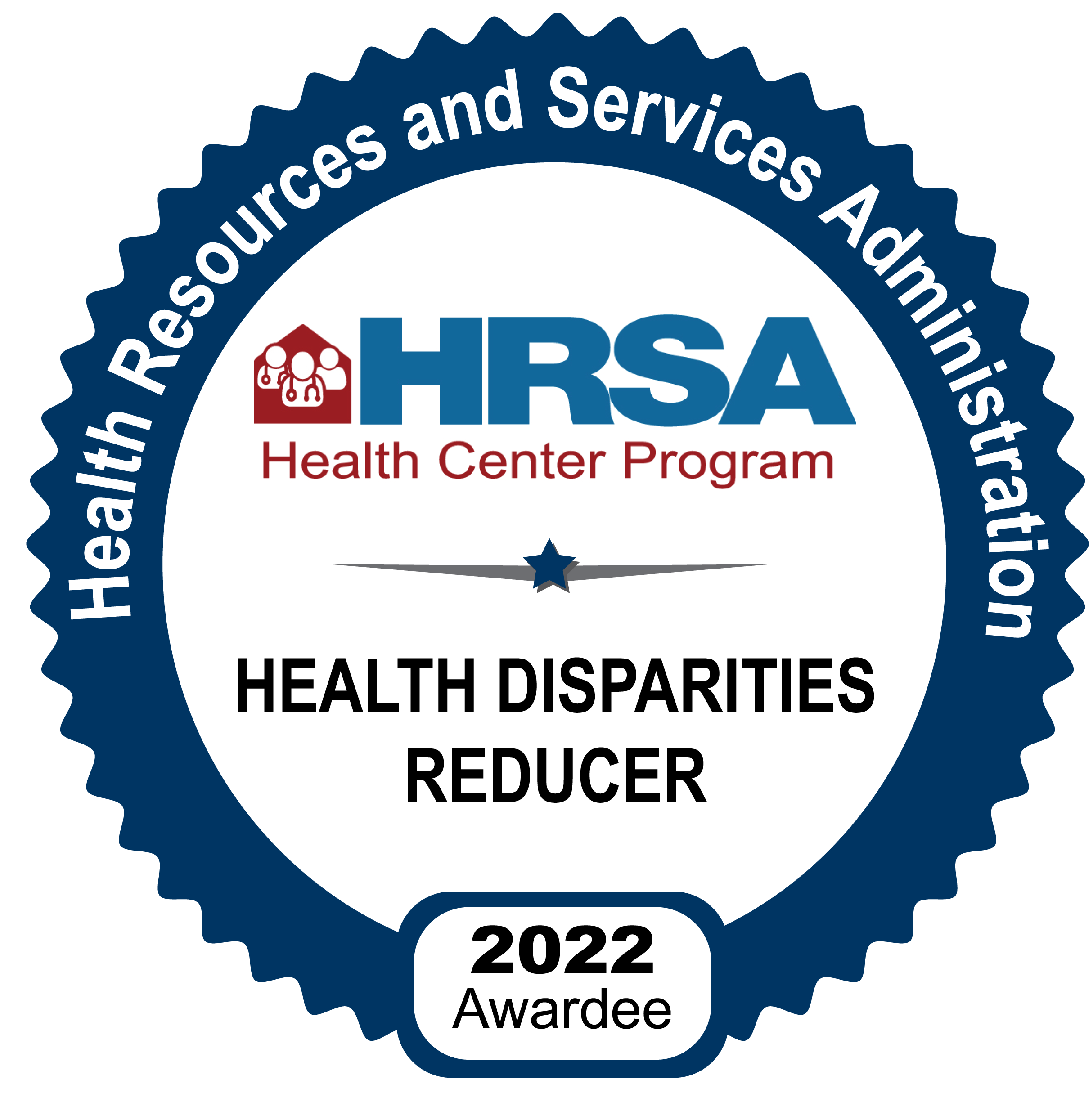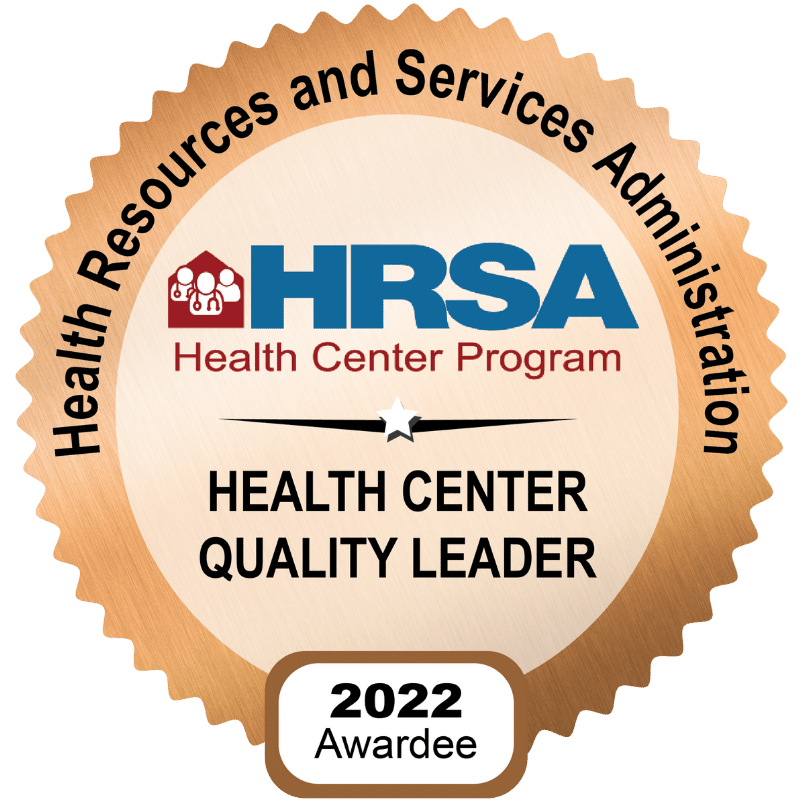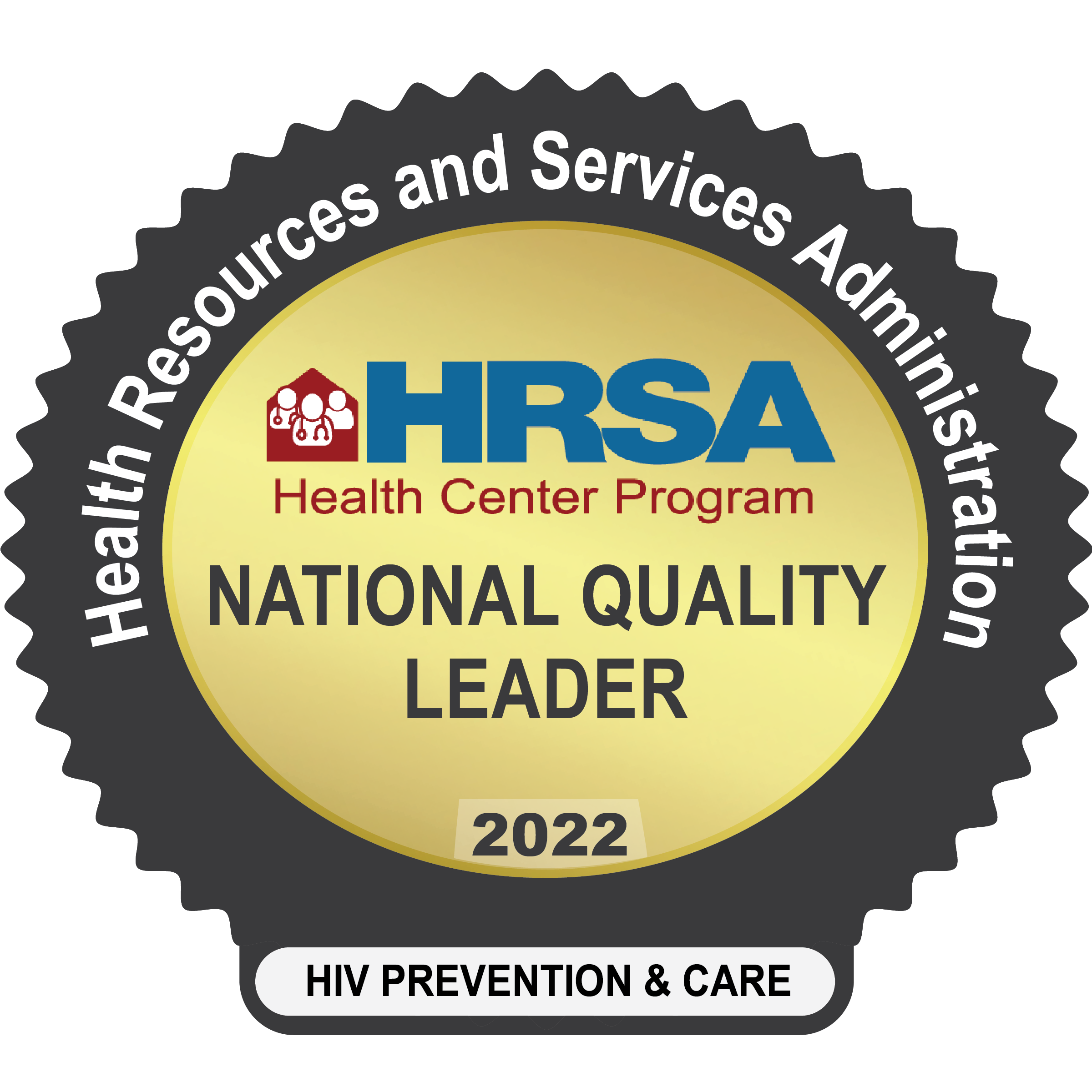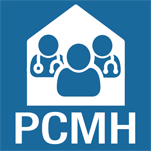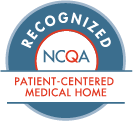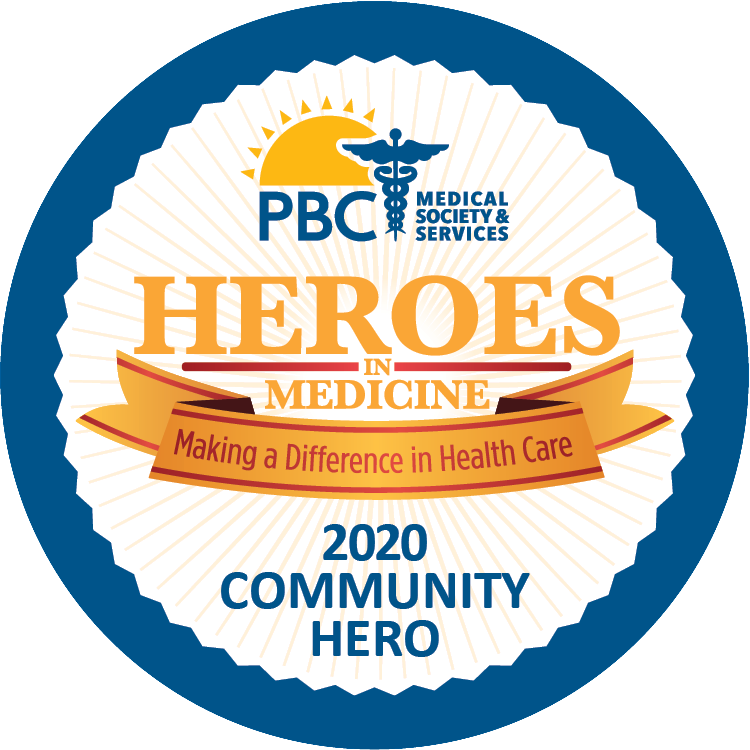The health of the whole community depends on the weakest link.
Content provided by The Guardian. Written by Jessica Glenza. To view the full article, please click here.
If you live in Belle Glade, Florida, a rural, predominantly African American town on the southern bank of Lake Okeechobee, and you want to get to a Covid-19 vaccine appointment, you’re going to either need a car or $2 and a lot of time.
That’s because the closest up and running Covid-19 vaccination site accepting new appointments is at a Publix supermarket nearly 30 miles away in Loxahatchee Groves, an overwhelmingly white, affluent town. And, without a car, you will need to catch a bus that runs once an hour, transfer, and ride 34 stops total to get there.
Meanwhile, leaders of a health clinic with a location in Belle Glade have implored local officials for vaccines ever since the one and only shipment of 200 doses ran out.
“We’ve been begging and pleading,” said Yolette Bonnet, CEO of FoundCare, the clinic group with a location in Belle Glade. “Within less than a week we administered all the vaccines.” Bonnet now has a waiting list thousands of people long, including the hardest to reach populations who are often the subject of public hand-wringing by government health authorities.
Bonnet’s providers are experts in the communities they serve, familiar with patient’s backgrounds, and trusted by those skeptical of vaccination. Those who want vaccines are enthusiastic. But it is not enough. “Unfortunately for us, we don’t have any access to the vaccine,” said Bonnet.
Belle Glade is not alone. From snow-covered prairies to sun-dappled swamp roads, elderly, low-income, homebound, or disabled people already face inordinate hurdles to obtain a vaccine in a distribution plan widely centered on cars, and at a time when public transportation systems are taking billion-dollar haircuts.
Belle Glade specifically was the casualty of a “pilot” program, in which Florida’s centralized health department decided to move distribution of all vaccines in Palm Beach county to Publix supermarket pharmacies. Healthcare provides like Bonnet approve of Publix distributing vaccines – they say their problem is the chain can’t be the only distributor.
“To me that’s problematic,” said Thomas A Arcury, a professor of family and community medicine at Wake Forest School of Medicine in North Carolina. “Publix is an upscale grocery store, first of all, second of all most low-income people live in areas without grocery stores.”
But the placement of the vaccination site is emblematic of another, bigger problem: if government officials do not carefully place vaccination sites, people without cars could find it very difficult to obtain a Covid-19 vaccine. And the people affected – often communities of color – will probably be those worst affected by the pandemic.
“The issue of transportation continues to be important,” said Arcury. “Simply stated, if you can’t get to a healthcare provider you can’t get healthcare,” he said.
The Biden administration has recognized the problem.
Its 200-page plan for how to confront Covid-19 addresses transportation barriers by pledging to, “leverage federal authorities and resources to ensure distribution of the vaccine in underserved communities, including the provision of convenient and accessible vaccination sites, increased clinical and community-based workforce for outreach, education and vaccination, and wrap-around supportive services.” The administration also promises to secure paid time-off and subsidized transportation.
One of Joe Biden’s first executive orders required the formation of a Covid-19 equity taskforce. The group’s mission is to drive at the heart of disparities, like lack of transportation, which is the root cause of increased vulnerability to Covid-19 in communities of color. That task force is chaired by Dr. Marcella Nunez-Smith, associate dean for health equity research at Yale University.
Ensuring people have paid time-off and can access vaccination sites is a “moral imperative”, Nunez-Smith said at the first Covid-19 taskforce press briefing. “It’s simply the right thing to do to ensure that those who are hardest hit or at highest risk, have the opportunity to stay safe and healthy through this pandemic.”
While work at the federal level begins, local officials said these goals remain just ambitions, and the path to attaining them was made only more winding by the Trump administration’s insistence individual states develop vaccination plans.
In Wisconsin, Republican state assemblyman Joe Sanfelippo said he was concerned about how a whole host of rural residents would get to vaccination sites, from low-income people on government health insurance to the elderly.
“They talk about having mobile vaccination clinics in the future, but they don’t tell us when the future is,” said Sanfelippo, who chairs the assembly health committee. “There’s a lot of older people who don’t really get out of their house too easily – especially in the winter with bad weather.”
Meanwhile, the plan to provide new vaccination appointments in Palm Beach solely through Publix supermarket pharmacies outraged town mayors whose communities would find access difficult.
“Placing such a barrier on an already vulnerable, highly underserved population cannot be allowed to happen,” the mayors of Belle Glade, Pahokee, and South Bay said in a letter to the Republican governor, Ron DeSantis (a Trump ally). The plan was, “simply unacceptable, and quite frankly, unconscionable”.
DeSantis later defended the plan, and state health officials praised it as a “wonderful” pilot, according to the Palm Beach Post. The Palm Beach County health department said in response to questions from the Guardian that, “Upcoming vaccinations in the Glades area will be state-sponsored efforts,” and directed further inquiries to state officials.
Bonnet has been begging officials for vaccines, fearing vaccination sites set up by agencies outside the community will not attract those skeptical of the vaccines.
“With the conspiracy theories out there about the vaccines in the community, some of them are reluctant to get vaccines,” said Bonnet. “They are willing to come and get the vaccine because they know their medical providers are going to take care of them, and they trust us.”
In North Carolina, farm towns expect the return of seasonal farmworkers this spring, but without specific information on how those workers – critical to the nation’s food supply – will be vaccinated. Farmworkers often share crowded housing and depend on employer-provided transportation.
“The way to deal with this is, as we’ve seen for over 100 years, is to take healthcare to where the low-income people are,” said Arcury. His research focuses on rural health in agricultural communities, especially on the poultry processing workers, who have been hard-hit by Covid-19.
The difficulties of reaching healthcare are well documented and studied, and span urban and rural communities. One 1996 study of HIV-positive adults found 15.4% delayed care because they could not find transportation to a clinic. A disproportionate share of the study participants were black or Latino.
A 2004 study of adults older than 65 found, among those who could not get to the doctor, 20% cited transportation as a barrier. A 2006 survey in Minnesota, found 39% of Native Americans had difficulty finding transportation, versus 18% of white Americans.
In Dayton, Ohio, in 2012, researchers asked 413 adults about going to the doctor: one-third (128 people) said it was “hard” or “very hard” to find a ride. About half the group was made up of women, and 42% were black.
In 2005, Arcury conducted a survey of more than 1,000 adults in rural North Carolina. He found people with chronic health issues went to the doctor twice as often when they had a driver’s license.
There are also promising programs. In Massachusetts, independent pharmacies are readying to conduct off-site vaccination clinics in low-income housing complexes for the elderly, where few people have cars.
“It’s a good match for independent pharmacies because they typically do not have a lot of space in their pharmacies, but they’re very adept at going off-site,” said Todd Brown, vice-chair of Northeastern University’s school of pharmacy and executive director of the Massachusetts independent pharmacists association.
In Belle Glade, the people FoundCare serves are often low-income and some are undocumented. Many work in agriculture or are unemployed, and live in overcrowded, multi-generational housing.
“We have over 1.5 million people living in Palm Beach County,” said Bonnet. “I don’t want 1.5m vaccines, because I wouldn’t be able to accommodate it. But I serve [close] to 27,00 patients between outreach and primary care, as well as Covid testing.” Without a robust vaccination program, she fears Covid will continue spreading.
“The health of the whole community depends on the weakest link,” said Bonnet.

.png)
